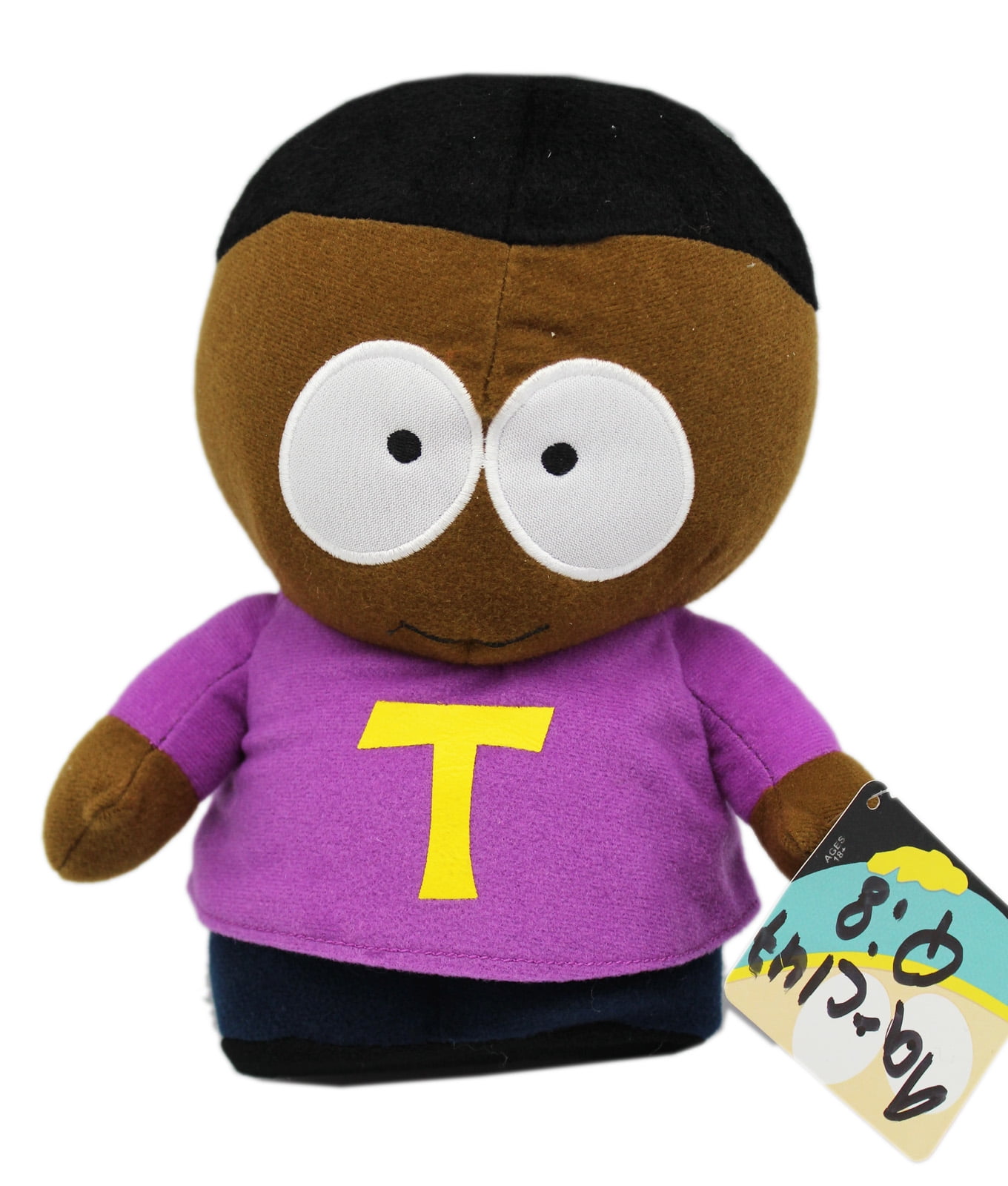

However, neither of those reasons proved as powerful as the simple notion that their unique experience helped their ideas stand out. Perhaps they were also responding to perceived “implicit quotas,” an organization’s informal goal to promote people from certain groups. They surmised that women and people of color sought to avoid competing against those of similar backgrounds. When there were fewer awards to win, 23 percent of women chose all-male teams versus 9.7 percent in a less competitive situation.Ĭhang and his collaborators also probed the reasons behind these decisions. The team confirmed its initial findings through a laboratory experiment that applied a similar approach-a contest with varying numbers of prizes-to 202 women and men. They found that 37 percent of Black respondents picked an all-white group if they had to compete for a job, compared to 20 percent if they didn’t. The researchers invited 278 Black participants to consider the same scenario but varied the department’s racial composition instead of gender. If every intern would receive an offer, 18 percent chose to work only with men. When women knew they would need to compete for a job, 46 percent selected an all-male department. The team told some participants that one-quarter of interns would be offered full-time jobs, while others heard that everyone would be hired. Participants browsed the photographs, names, and college majors of other interns in each department to help them decide, but researchers varied the number of women. In the first experiment, an online simulation, Kirgios, Chang, and Milkman asked 491 women to imagine that they were interns who needed to choose a department to join at a theoretical company. They conducted six experiments that probed how competition influenced the decisions of women and Black professionals. Milkman (DBA 2009) and Wharton doctoral candidate Erika L. He teamed with Wharton Professor Katherine L. The study, Going It Alone: Competition Increases the Attractiveness of Minority Status, will appear in the November issue of Organizational Behavior and Human Decision Processes.Ĭhang started the research in 2018 as a doctoral student at the Wharton School of the University of Pennsylvania. “It was unexpected to us that people would even be willing to put themselves in these situations,” says Chang, noting the vast research showing that people prefer groups that reflect their own beliefs, attitudes, and demographic traits.
Members of a particular gender or racial minority might feel pressure to fill stereotypical roles or represent their entire group. That said, choosing to be a team’s token-a member who’s held up superficially as a symbol of diversity-can be isolating and hurt performance, studies have shown. “If you’re part of an underrepresented demographic group, you may believe that there are strategic benefits in competitive organizations to being one of the only ones in your team or organization with your identity.” “There's a lot of pressure for many organizations to have certain amounts of diversity,” Chang says. While the #MeToo and Black Lives Matter movements have prompted deep reflection at many companies, navigating the corporate ladder remains a strategic exercise for underrepresented groups. Faced with the same opportunity, Black professionals were 60 percent more likely to choose an all-white group.ĭecades of diversity initiatives have failed to drastically alter the American executive suite, especially for Black people, who hold only 3.2 percent of senior executive roles. Chang, an assistant professor of business administration at Harvard Business School.

In fact, when a job offer from a competitive organization was on the line, women were twice as likely to choose to be part of an all-male team, according to a study co-authored by Edward H. Women and Black professionals are more willing to join a team that’s predominantly male or white if it helps them stand out in hyper-competitive situations, despite the potential psychological toll of being a “token,” new research says.


 0 kommentar(er)
0 kommentar(er)
